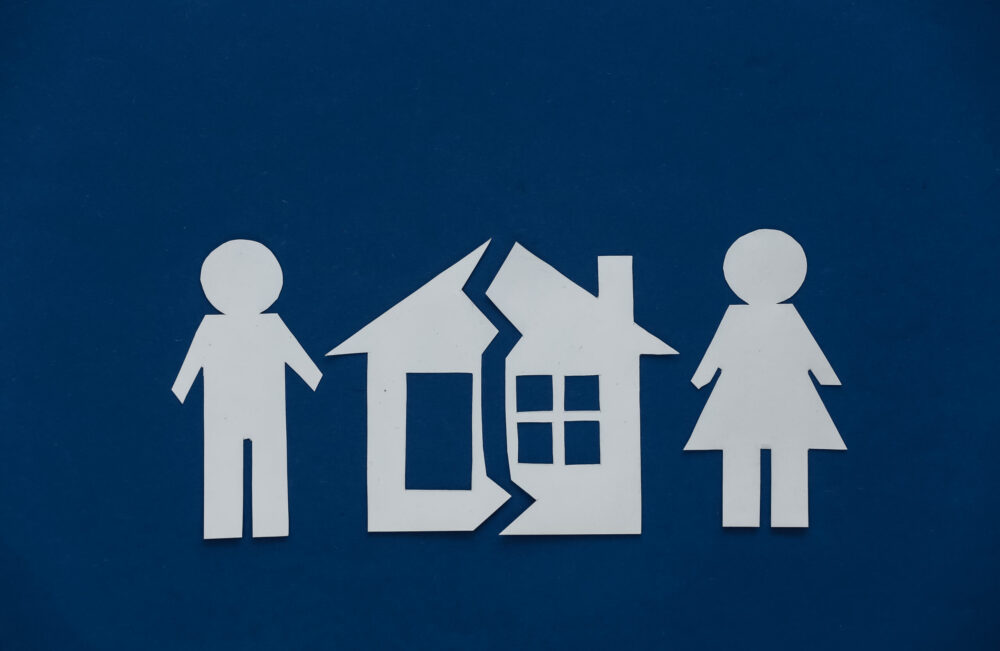
As you contemplate getting a divorce, you might be wondering about how state courts will divide marital property. New Jersey operates under an “equitable distribution” model, which means that the courts will try to equitably, i.e. fairly, distribute the property between the spouses. However, this does not mean that it will result in an even split. Through this legal process, the courts may award full possession of the marital home to one spouse. However, this does not have to be the case. You and your spouse do have options, especially if you are on speaking terms. For more information on how New Jersey courts may divide the family home during a divorce, please read on, then contact one of our experienced Monmouth County property distribution attorneys today.
What are your options regarding the family home during a divorce in New Jersey?
Assuming that the family home constitutes “marital property,” the spouses will have a few options as to how they may wish to distribute it, including:
- Selling the house and splitting the proceeds: Often the easiest option, especially if neither spouse can afford to buy the other out or keep up with the expense of maintaining the property.
- Arranging a buyout: If the spouses have sufficient funds and the ability to communicate, one spouse may sell their equity in the home to the other, who will refinance the home in their name alone.
- Continuing to co-own the home: By far the most difficult option, co-ownership usually occurs in cases where the spouses want to maintain continuity in their children’s education and lifestyle.
Can I keep the family home if I paid the entire down payment with money I earned prior to marriage?
In cases where one spouse contributes money toward the purchase of the family home and places the title to the home in both spouses’ names, the court will consider the contribution of that money as a gift unless a prenuptial agreement says otherwise. When the family home becomes marital property, all equity becomes marital property no matter the origin of the funds used for purchase.
I owned my home prior to marriage and placed my spouse on the deed after we got married – is the home a joint asset?
In the eyes of the court, by placing your spouse on the lease, you transform the family home into marital property and, thus, subject to equitable distribution. The longer the duration of the marriage, the less likely the spouse who owned the home before the marriage will receive any contribution credit.
Before you make any major decisions, speak with one of our skilled Monmouth County divorce attorneys today.
CONTACT OUR EXPERIENCED NEW JERSEY FIRM
If you require strong legal representation for matters of divorce and family law in Rumson, Monmouth County, or anywhere in New Jersey, contact The Law Offices of Paone, Zaleski & Murphy to schedule a consultation with one of our experienced attorneys today.

